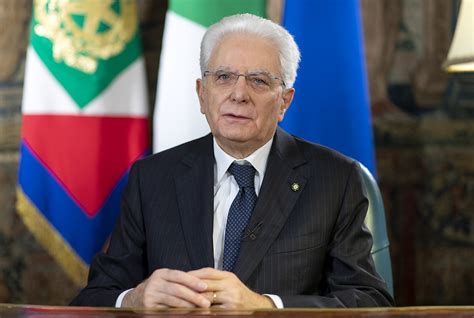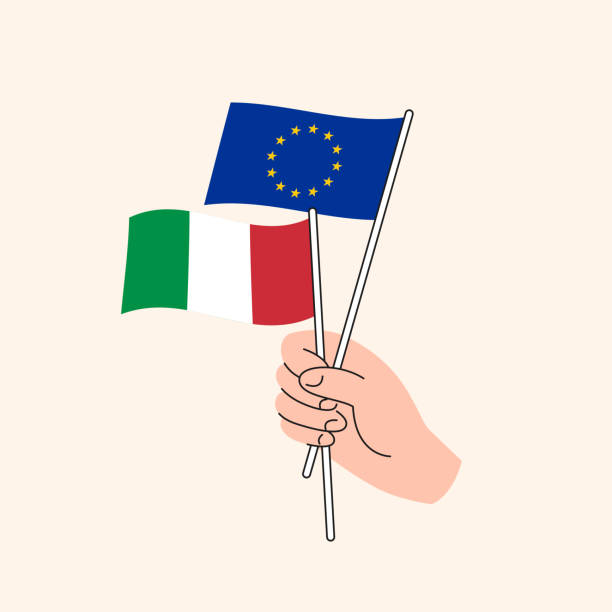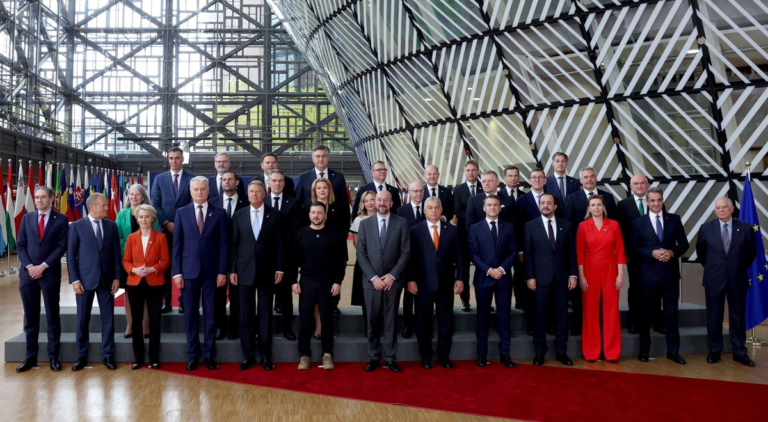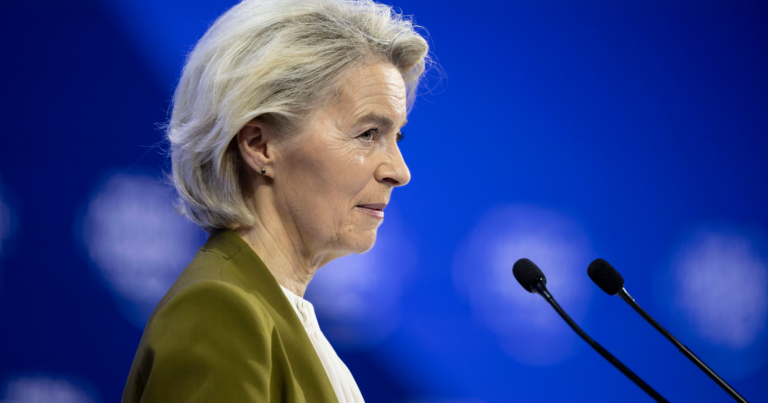
(Italian President Sergio Matarella) Source:avenniredicalabria
The European Union is closely monitoring allegations that the Italian government has misused military-grade surveillance technology to spy on journalists and activists. The controversy emerged after reports indicated that spyware developed by the Israeli firm Paragon Solutions had been deployed against Italian citizens, sparking concerns over potential violations of press freedom and privacy rights.
Italy Denies Wrongdoing, Pledges Cooperation
Italy’s Cabinet Minister Luca Ciriani addressed parliament on Wednesday, affirming that while the government has a contract with Paragon Solutions for intelligence and counterterrorism purposes, it has acted within legal boundaries. “Privacy laws have been rigorously respected,” Ciriani insisted, rejecting claims that the government had engaged in unauthorized surveillance of journalists and human rights activists.

(Copyright Roberto Monaldo/LaPresse via AP)
However, in response to growing concerns, the Italian government has directed the National Cybersecurity Agency to investigate digital vulnerabilities that may have enabled unauthorized hacking. Ciriani also assured that Italian intelligence services are prepared to fully cooperate with judicial authorities.
WhatsApp Revelations Trigger Outrage
The controversy began on January 31 when Meta-owned WhatsApp notified dozens of individuals across the EU that their devices had been targeted using Paragon’s spyware. WhatsApp stated that it had disrupted a spyware campaign targeting journalists and civil society members, with at least seven Italian phones confirmed as affected.
Among those targeted was Francesco Cancellato, editor of the Italian news website Fanpage, and Luca Casarini, head of the migrant rescue organization Mediterranea Saving Humans. Both individuals, who have been critical of the Italian government’s policies, were warned by WhatsApp to contact Citizen Lab, a Toronto-based research group known for exposing state-backed cyber espionage.
Cancellato suggested that hackers were likely attempting to uncover investigative reports being developed by Fanpage, which has previously exposed far-right activities linked to Prime Minister Giorgia Meloni’s Brothers of Italy party. Casarini, whose organization has repeatedly criticized Italy’s migration policies, suspects his work on Mediterranean refugee rescues may have made him a target.
EU Response and Calls for Accountability

As concerns over press freedom and digital rights grow, the European Commission has called on Italy to provide transparency regarding its use of surveillance tools. Brussels has emphasized that any misuse of spyware within EU borders must be investigated thoroughly and that fundamental rights must be upheld.
The Italian government’s handling of the issue will likely face continued scrutiny from EU officials, journalists’ associations, and human rights organizations. Whether the investigation confirms government overreach or external cyber vulnerabilities remains to be seen, but the case underscores the broader debate over digital privacy and governmental surveillance practices within the European Union.


